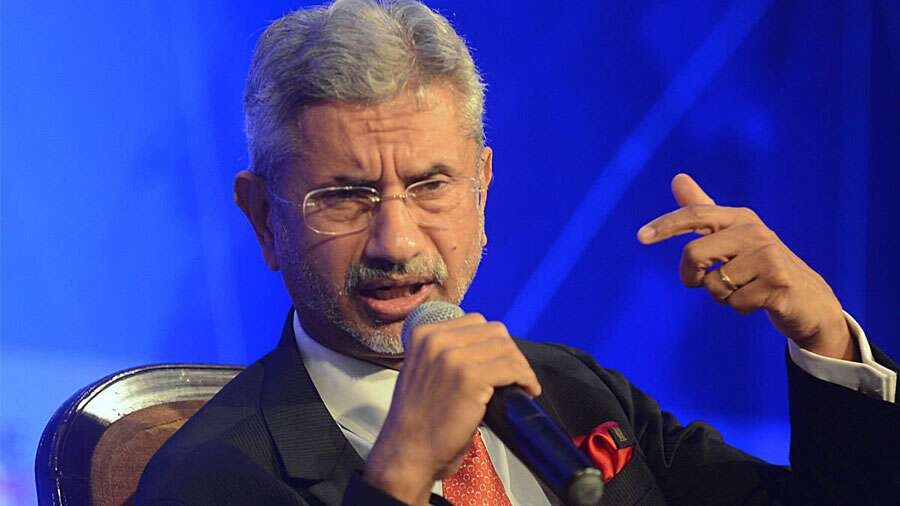India plans to deepen its engagement with Latin America for crude and edible oil, external affairs minister S. Jaishankar said on Wednesday in Sao Paulo while seeking to impress upon the Brazilian business community that distance is no longer a factor in conducting business between the two regions.
Addressing the Federação das Indústrias do Estado de São Paulo (Federation of Industries of the State of São Paulo), Jaishankar pointed out that the Ukraine crisis and the energy challenge that it had created made India ramp up energy investment.
“We are going to invest additional $1.6 billion in Brazil in an ongoing petroleum investment. But we are also procuring more. We are buying from Guyana and are hoping to buy more from Mexico and from Brazil,’’ he said.
Since July 2021, India has been importing the Liza light sweet crude oil from Guyana in an attempt to diversify the country’s sources of petroleum products to reduce dependence on the Gulf and deal with the US sanctions on Venezuela that forced New Delhi to cut back on oil imports from there.
Earlier this year, during the visit of Brazil’s energy minister to Delhi, India had said it wanted to increase crude imports “many times over” under “long-term special contracts”.Just as in the case of crude imports, Jaishankar pointed out that Latin America became the substitute source for edible oil when the Ukraine crisis cut off the biggest sources for the cooking medium.
“The substitute sources actually come from Latin America. It’s today Brazil, it’s the MERCOSUR countries (an economic and political bloc) — Brazil, Argentina, Paraguay — which are actually filling the gap that has been created by the shortage and the disruption of existing supplies.”











